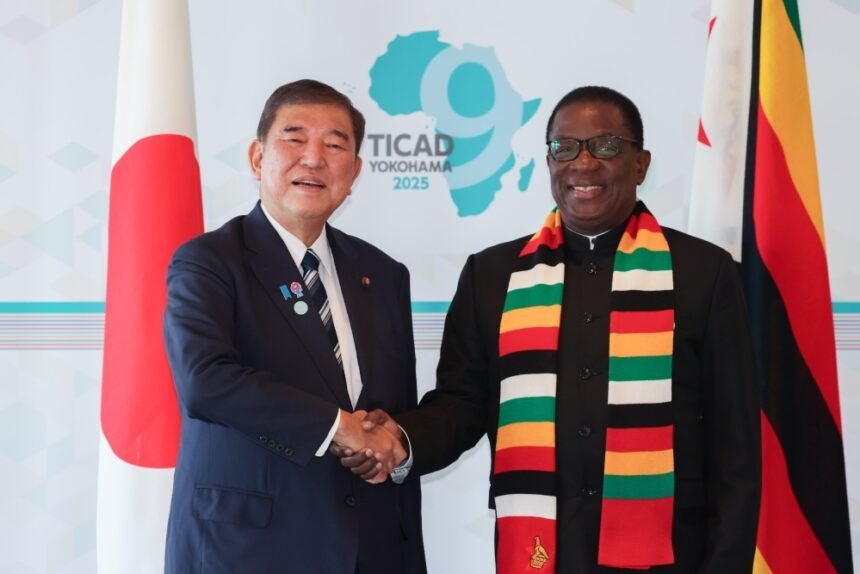Zimbabwe is losing ground in attracting new investment while its neighbours forge new business partnerships. Countries like Mozambique, Malawi, and Zambia are opening up infrastructure and trade opportunities. In contrast, Zimbabwe remains a high-risk destination for foreign capital.
China now dominates Zimbabwe’s mineral sector, investing heavily in lithium, chrome, platinum, diamonds, and steel production. Its influence also extends into energy and infrastructure, leaving little room for competitors and making investors cautious.
Recent figures highlight this dominance. In 2023, Chinese investments in Zimbabwe surged from about US $446 million in 2019 to US $3.4 billion—a rise driven mainly by mining and infrastructure projects. China committed over US$2.2 billion to national infrastructure and energy deals and received more than 472 investment licences.
Furthermore, Chinese companies obtained US$2.79 billion in new licences, primarily for mining and energy, in a single quarter, compared to just US$498 million in licences for investors from the UAE. Analysts estimate that China controls up to 90% of Zimbabwe’s mining sector, with investments of US $2.79 billion in 2023 alone across 121 projects.
In lithium alone, Zimbabwe attracted over US $1 billion in investments since 2021, mainly from Chinese firms. These ventures drove an 800% increase in lithium exports, jumping from US $7 million in 2022 to over US $600 million in 2024.
A notable example of China’s expanding role is Tsingshan Holding Group’s plan to invest US$800 million to expand its steel plant, doubling its capacity to 1.2 million tonnes, along with constructing a new thermal power plant.
Zimbabwe’s dependence on Chinese capital raises concerns. Observers argue that the lack of diversification makes the country vulnerable. President Emmerson Mnangagwa’s government risks being overshadowed as other nations modernise trade routes and industrial links.
Conversely, Japan is shifting its strategy elsewhere. Prime Minister Shigeru Ishiba launched the Economic Region Initiative, aiming to boost trade across the Indian Ocean–Africa region. His government supports developing the Nacala Corridor, a crucial route linking Mozambique, Malawi, and Zambia to Asia.
In August, during TICAD 9 in Tokyo, Ishiba met Mnangagwa for a 20-minute summit. Japan expressed readiness to support Zimbabwe with food aid, agricultural development in derelict lands, and landmine clearance to enhance rural farming potential. Ishiba also sought stable supplies of petalite, a lithium ore, and Mnangagwa pledged cooperation. The leaders agreed to strengthen cooperation on broader issues such as UN Security Council reform.
Nevertheless, Japan’s tone reflected caution. Investors remain wary due to Zimbabwe’s political instability, unpredictable policies, and a business environment that heavily favours China.
For Zimbabwe to compete effectively, it must offer stability, transparency, and a level playing field. If it continues to depend mainly on China while neighbours diversify, it risks being sidelined in Africa’s evolving investment landscape.andscape.










